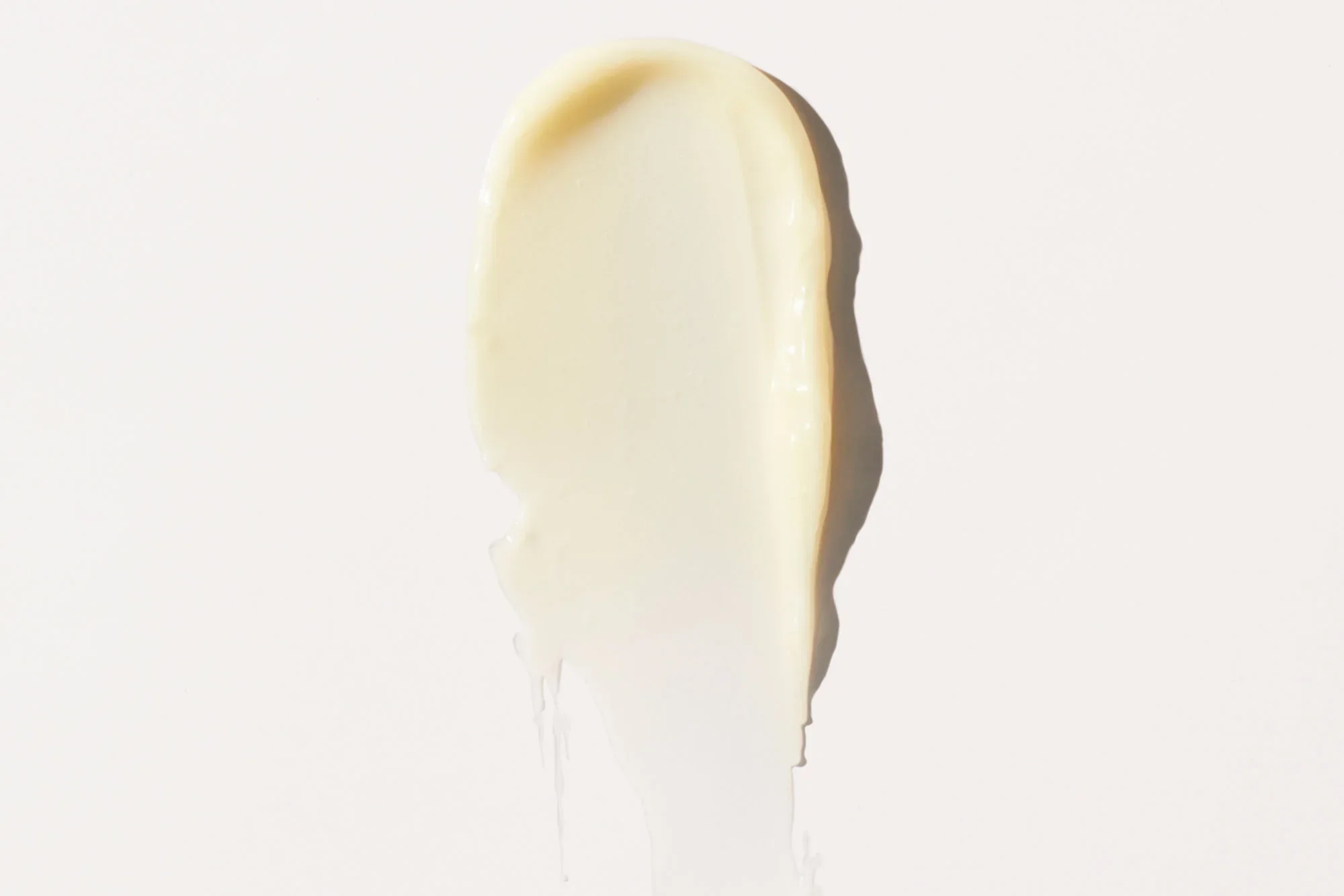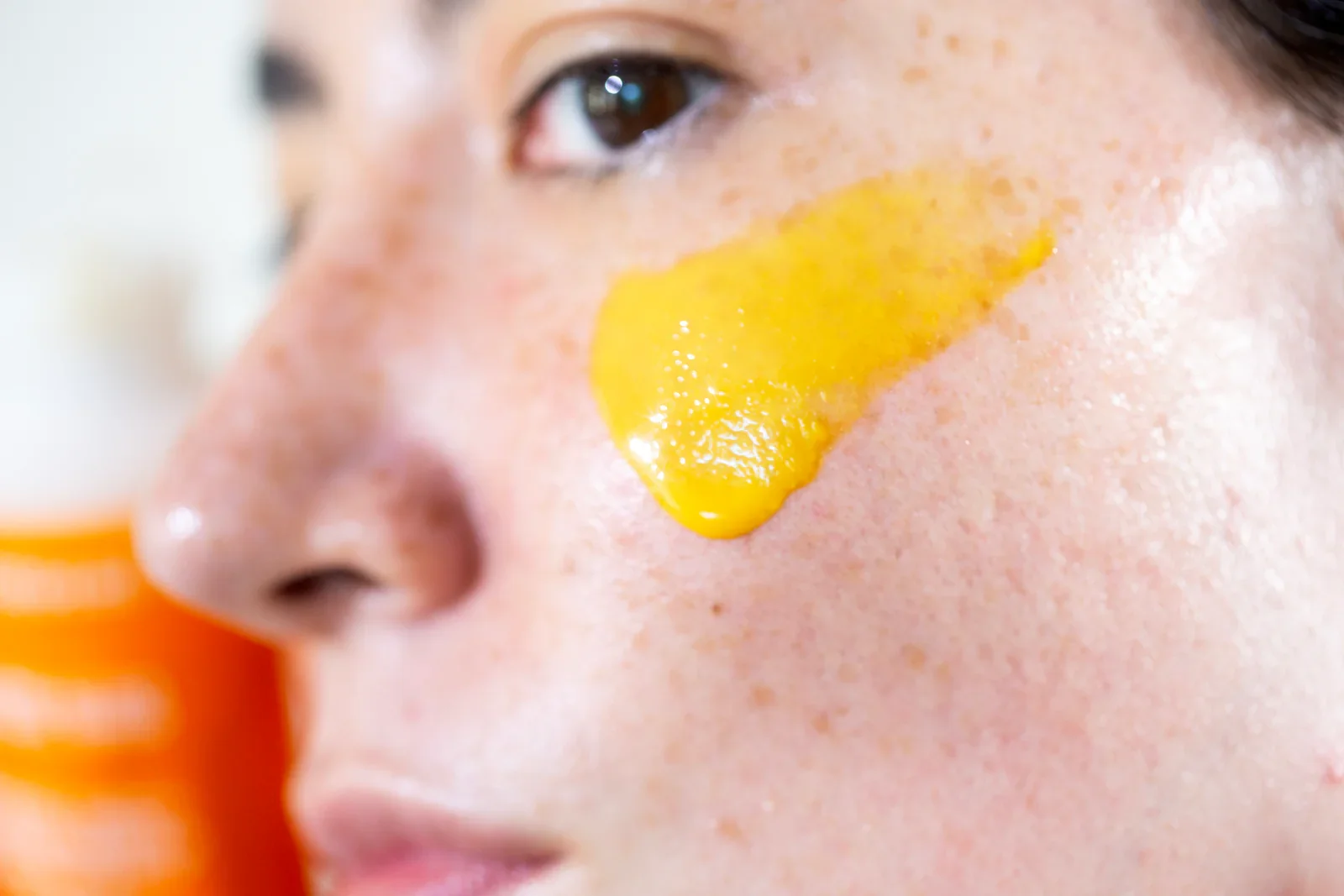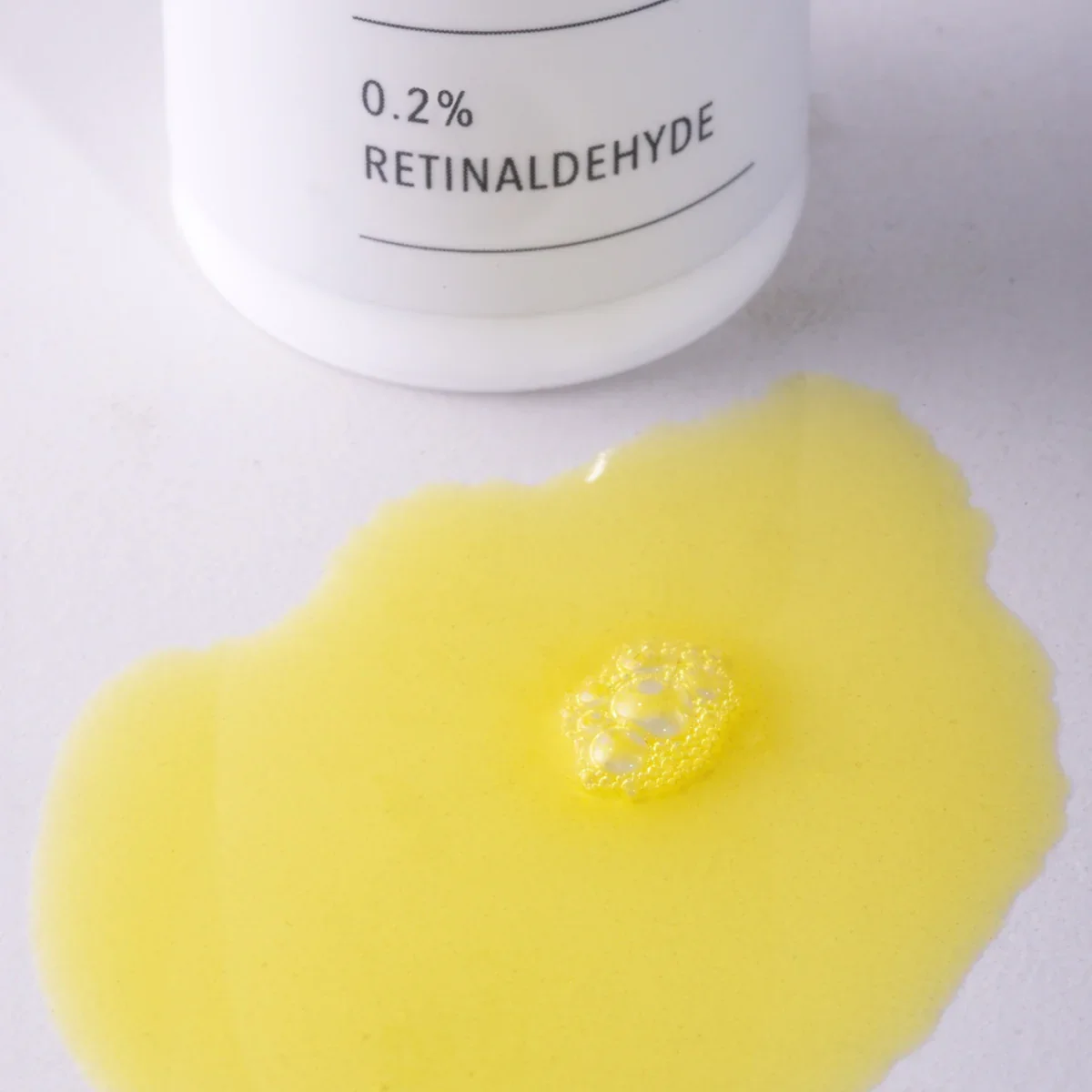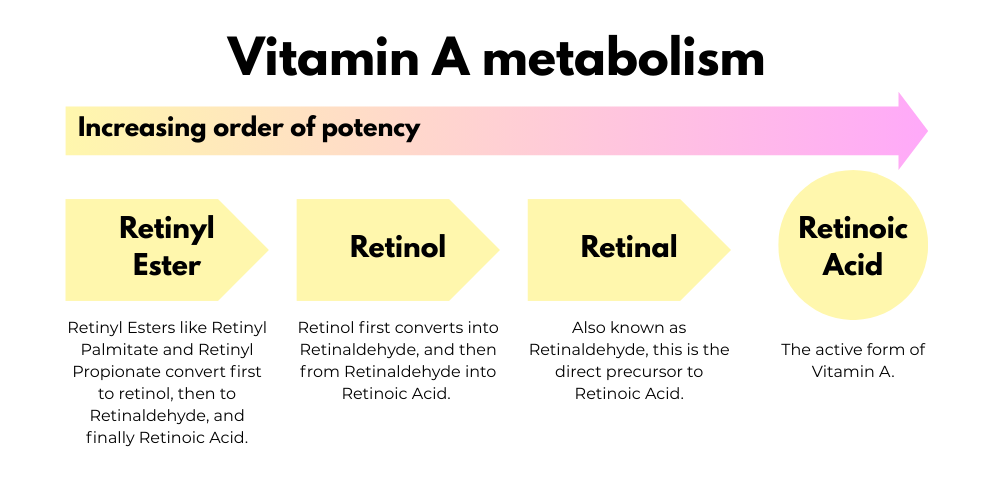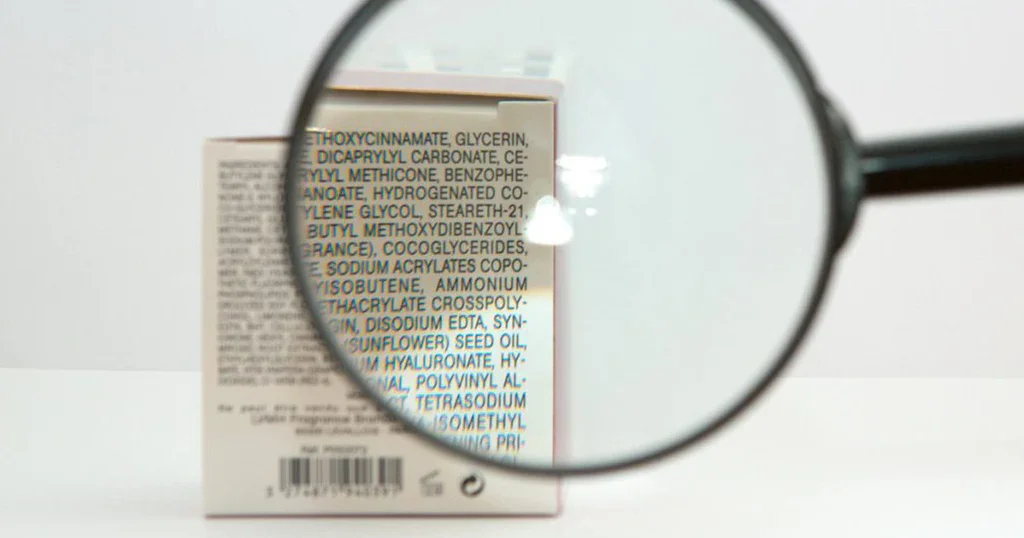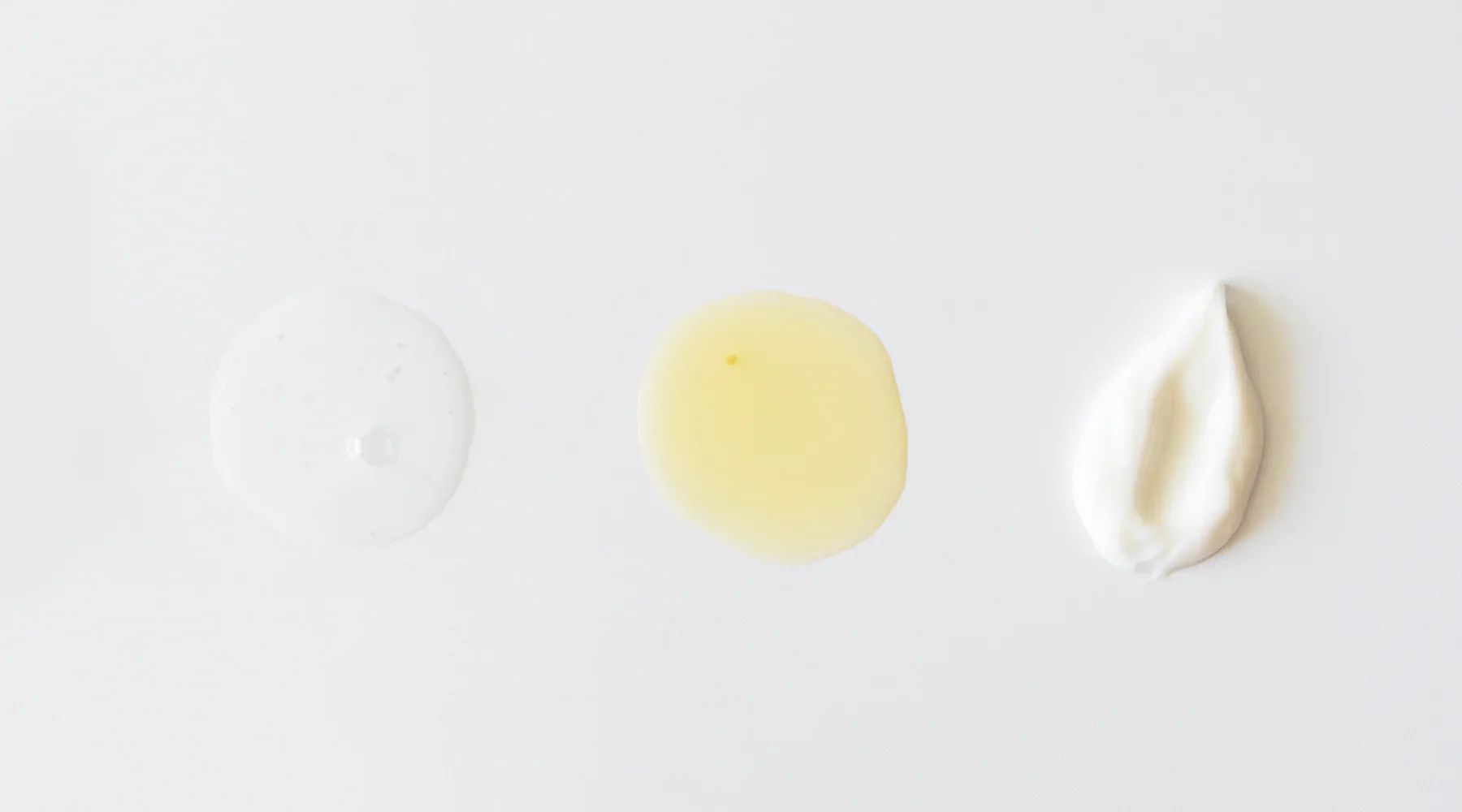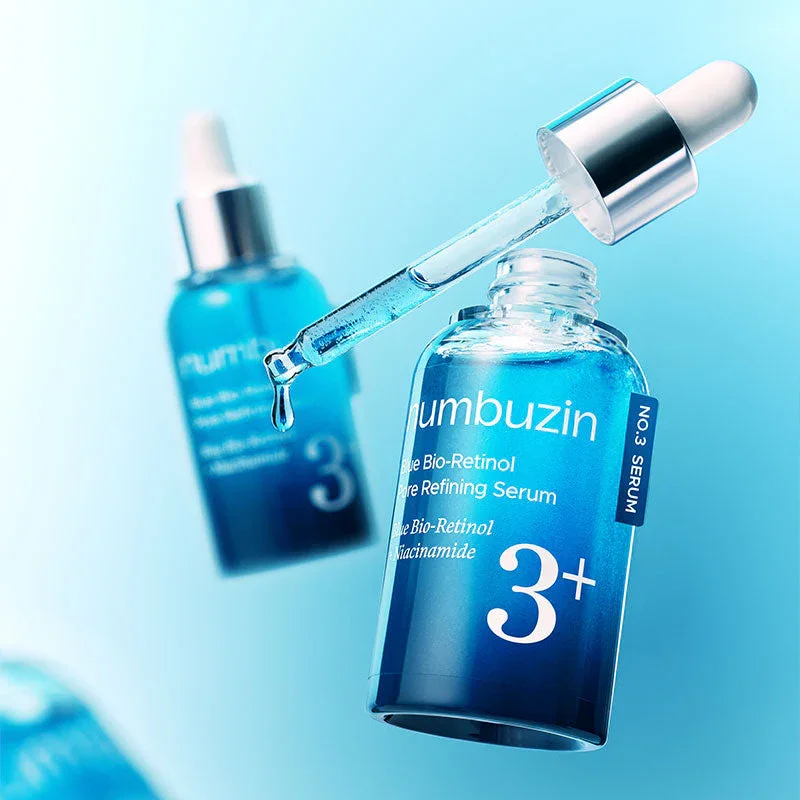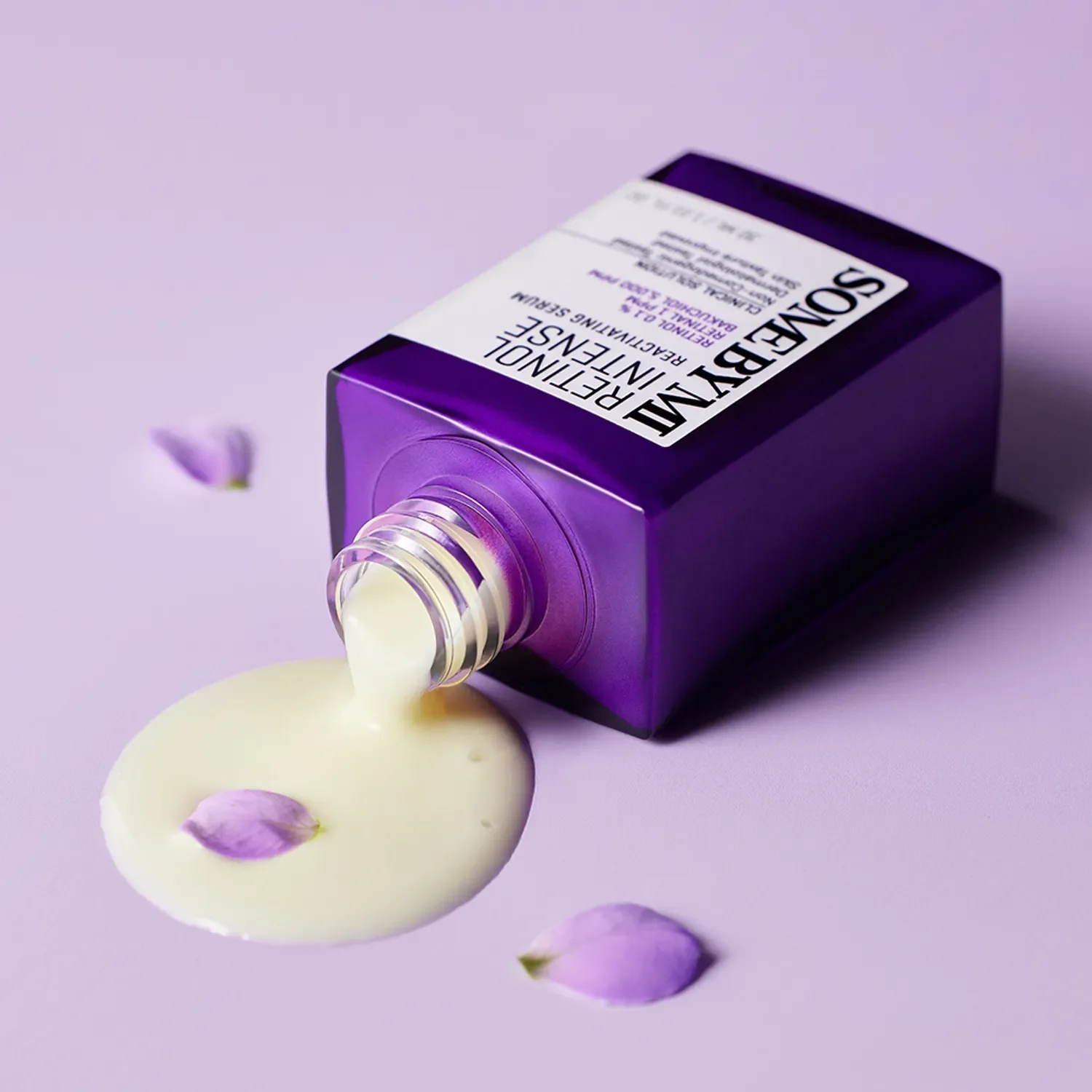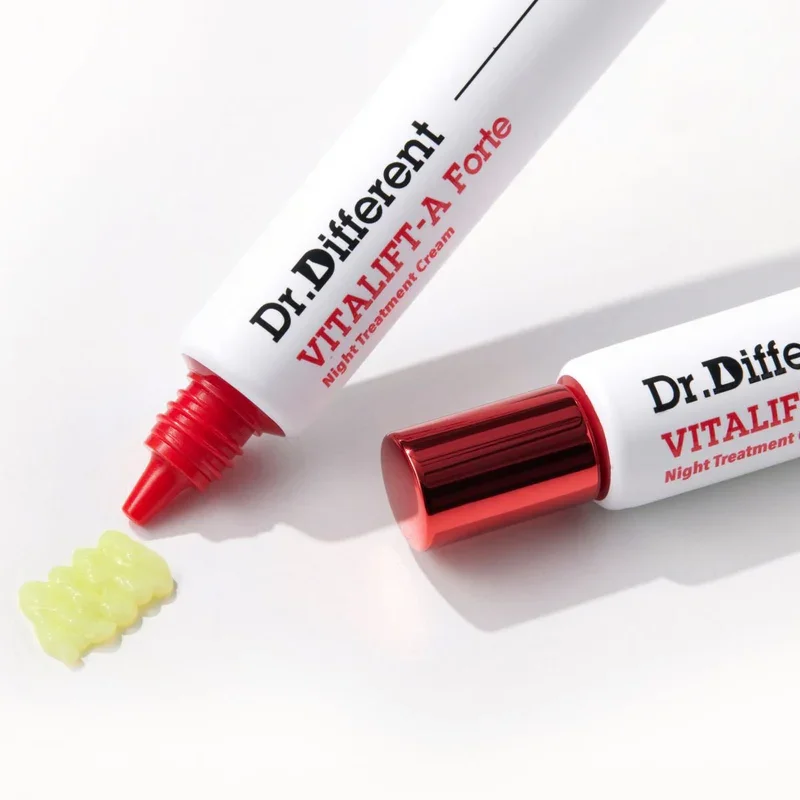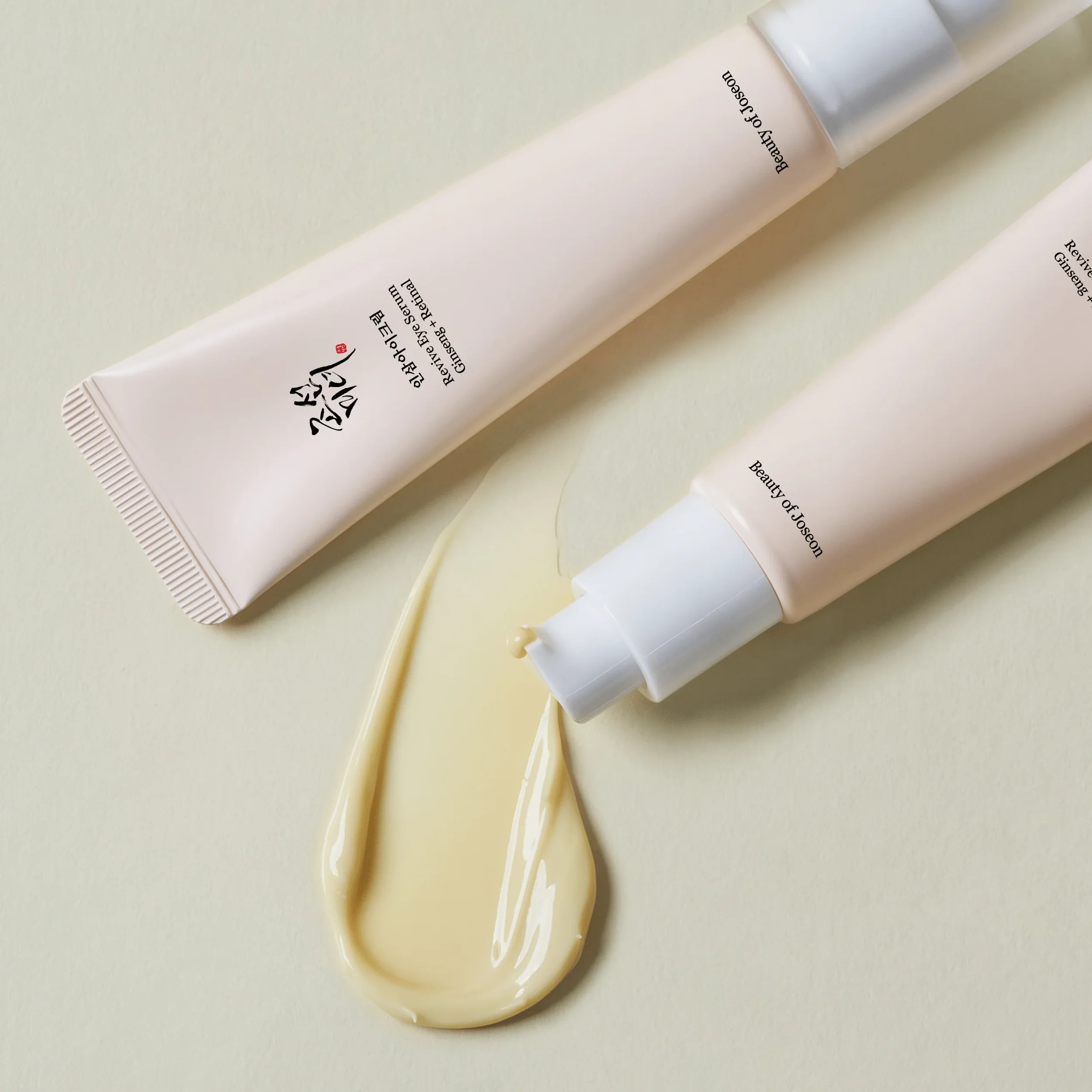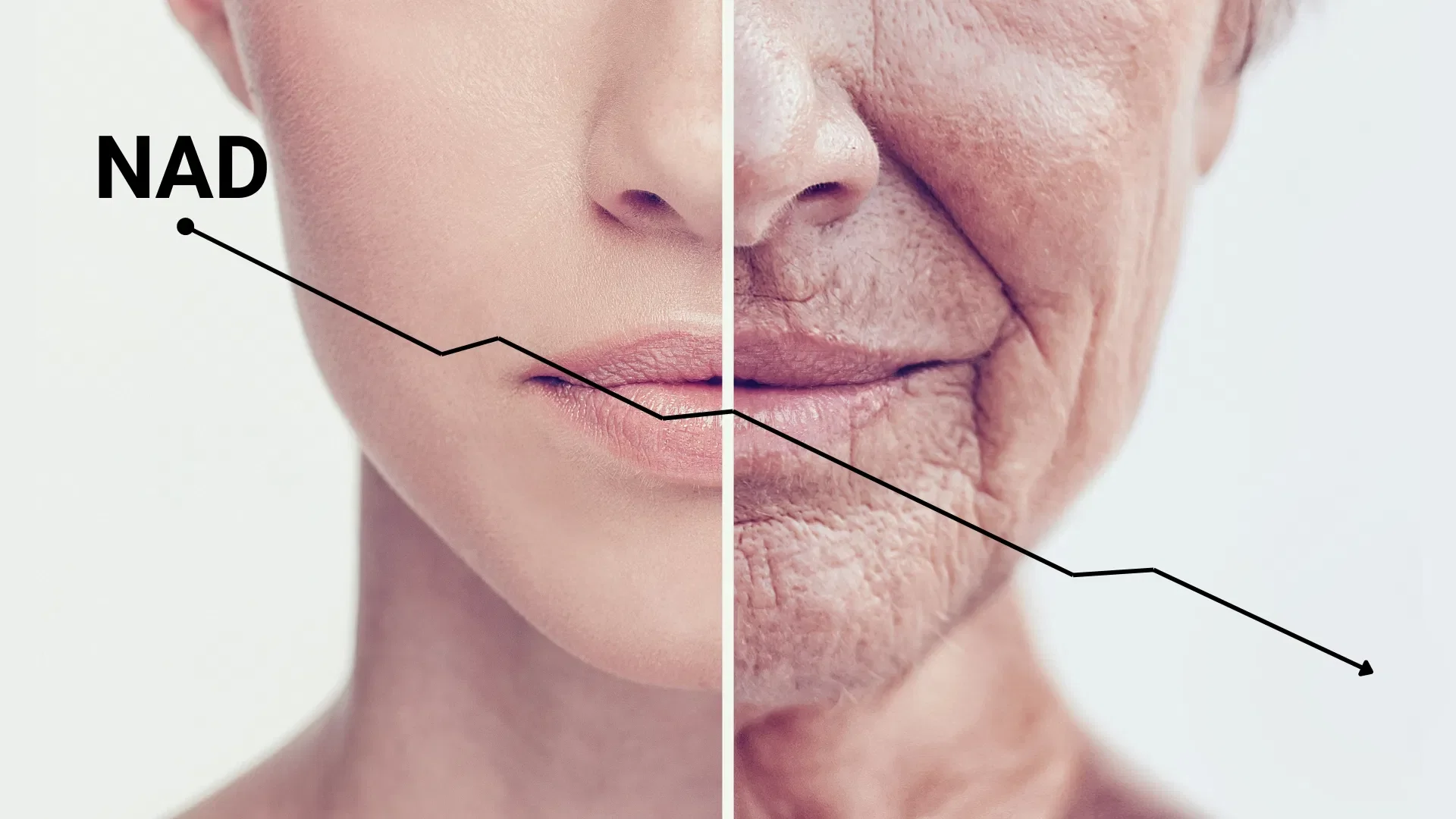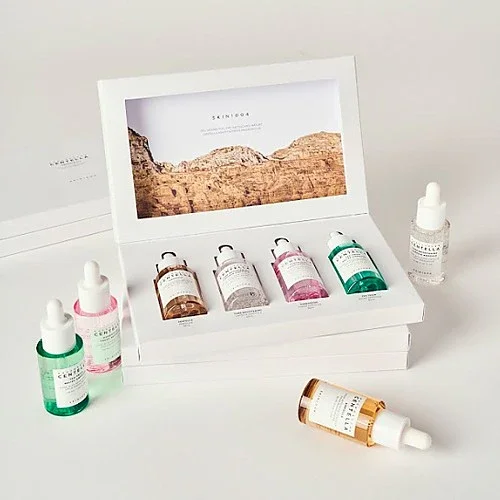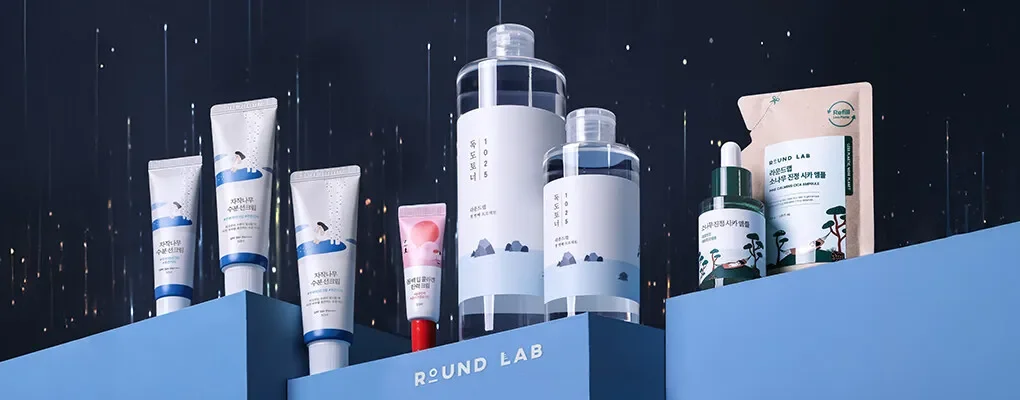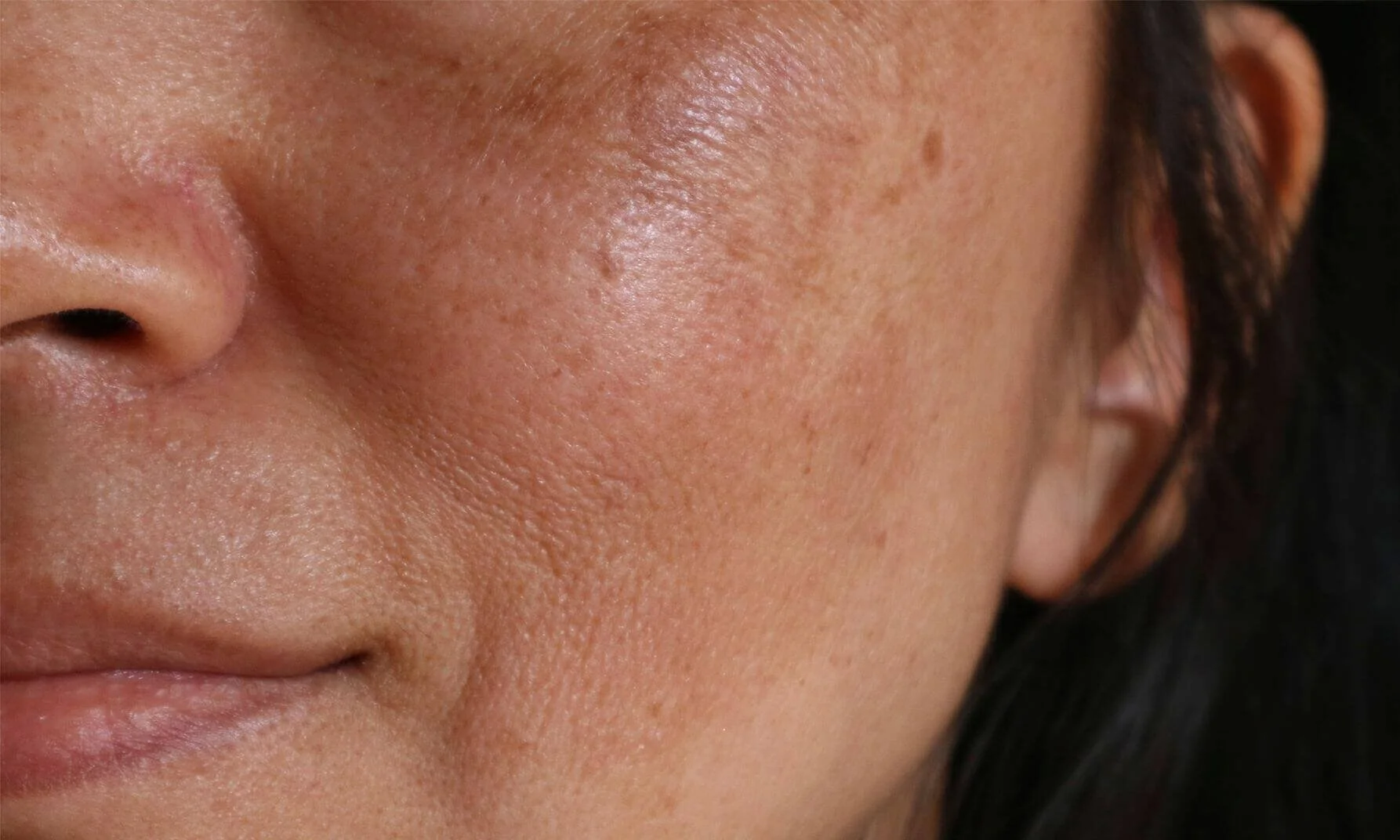Retinol in Skincare: How to Use It, and Why It Matters
If you’re even a little curious about anti-aging—or as I like to call it, smart aging—then retinoids are something you simply need to try.
Really, you do.
Alongside daily sunscreen, the family of retinol products is one of the most proven, effective, and dermatologist-approved ways to keep your skin healthy and youthful in the long run.
There’s a whole library of scientific studies backing it up. Ask any dermatologist or check any reliable, science-based skincare source, and you’ll hear the same thing: retinol works.
And the best part?
By the end of this article, you’ll understand exactly what makes it so powerful, what the differences are between retinol, retinal, retinoic acid, retinoids, and even bakuchiol, and how to use them safely.
You’ll also learn how to choose the right product for your skin and where it fits in your routine—plus, I’ll share some of my favorite Korean retinol products to get you started.
Some links are affiliate links. If you choose to purchase through them, it helps support my work at no extra cost to you.
Table of Contents:
Retinol vs. Retinal vs. Retinoic Acid vs. Retinoids vs. Bakuchiol: What’s the Difference?
When Should You Start Using Retinoids?
How to Choose the Right Retinol Product for Your Skin
How to Use Retinol and Where It Fits in Your Skincare Routine
Best Korean Retinol Products to Try
Retinol vs. Retinal vs. Retinoic Acid vs. Retinoids vs. Bakuchiol: What’s the Difference?
What Are Retinoids?
The word retinoid is a broad umbrella term that covers all vitamin A derivatives used in skincare.
This includes retinol, retinal, retinoic acid, and several other compounds.
In short: all of these ingredients belong to the retinoid family, but they differ in how strong they are, how they work in the skin, and how easily the skin can tolerate them.
Retinoic Acid (Tretinoin)
Retinoic acid—also known as tretinoin—is the active form of vitamin A.
This is the exact molecule your skin cells can recognize and respond to. Once it binds to your skin’s receptors, it stimulates cell turnover, boosts collagen production, and helps smooth fine lines and wrinkles.
It’s also the only anti-aging ingredient officially approved by the FDA, which means it has decades of clinical evidence behind it. Because of its strength, retinoic acid is available only by prescription.
Retinol
Retinol is the purest form of vitamin A used in over-the-counter skincare.
It’s not active by itself, but once applied, your skin’s enzymes convert it into retinoic acid in two steps. The downside: this conversion is not very efficient, so retinol is considered 10–20 times less potent than retinoic acid.
For example, a 1% retinol serum is thought to work similarly to a prescription cream containing just 0.05–0.1% retinoic acid. While weaker, retinol is much easier to access and often better tolerated by beginners.
Retinal (Retinaldehyde)
Retinal, sometimes called retinaldehyde, is a powerful middle ground between retinol and retinoic acid.
It requires only one conversion step to become active, which makes it significantly more efficient than retinol. Research suggests retinal can be more than 10 times as effective as retinol in the skin.
In fact, some studies comparing 0.05% retinal to 0.05% retinoic acid showed very similar improvements in wrinkles and uneven skin tone over 18 weeks, with much less irritation. This makes retinal one of the most exciting over-the-counter retinoids today.
Other Retinoid Derivatives
Beyond retinol and retinal, there are several other vitamin A derivatives often used in skincare.
These newer or gentler forms are sometimes chosen for sensitive skin or for products designed to minimize irritation. While they don’t have as much research behind them as retinol or retinoic acid, they’re worth knowing about.
Hydroxypinacolone Retinoate (HPR)
HPR is one of the newer, next-generation retinoids.
Unlike retinol or retinal, HPR doesn’t require conversion—it can directly interact with retinoic acid receptors in the skin. The promise here is a more direct effect with fewer side effects than tretinoin.
While research on HPR is still limited compared to retinol or retinal, many brands highlight it as a gentler yet effective option, especially for sensitive skin.
Retinyl Palmitate
A very common ingredient you’ll see in many creams and serums, often included because it’s stable and well tolerated.
However, most research suggests that retinyl palmitate is not very effective when applied to the skin, as it requires multiple conversion steps before becoming active—and much of it is lost along the way.
Dermatology experts often consider it too weak to make a real difference in anti-aging. It can still serve as a gentle antioxidant, but if you’re looking for visible results, retinol or retinal are far better options.
Retinyl Propionate (RP)
Retinyl propionate is a vitamin A ester that’s considered more stable and gentle than traditional retinol.
Unlike the often ineffective retinyl palmitate, retinyl propionate has been shown to convert into retinoic acid in the skin and deliver noticeable results.
A 2007 study comparing 0.15% retinol to 0.3% retinyl propionate found that both improved wrinkles and pigmentation, with RP being better tolerated. This makes it an interesting choice for those who want the benefits of retinoids without irritation.
Bakuchiol
Technically not a retinoid, bakuchiol is a plant-derived ingredient that’s often called a “natural retinol alternative.”
It has antioxidant, anti-inflammatory, and antibacterial properties, and like retinol, it can stimulate collagen production.
Although it hasn’t been studied as extensively as retinol, early research is promising. One of its most exciting features is that it can help stabilize retinol in formulas, making both ingredients more effective together. Bakuchiol is also well tolerated and a great option for both anti-aging and acne-prone skin.
When Should You Start Using Retinoids?
A lot of people think anti-aging products are only necessary once you hit your 40s, or when deeper wrinkles start to appear.
But that’s simply not true!
Research shows that collagen levels in the skin begin to decline steadily starting in your 20s—by about 1% every year.
This gradual loss of collagen is one of the main reasons skin becomes thinner, less firm, and more prone to fine lines over time. Interestingly, studies also found that men naturally have more collagen in their skin at every age compared to women, but the rate of decline is the same for both.
That’s why it makes sense to start introducing a gentle retinol product as early as your mid-20s.
Think of it as prevention rather than correction.
By 25, retinol is strongly recommended if you want to support your skin long-term, and once you’re in your 30s, it becomes an absolute must-have in a well-rounded skincare routine.
How to Choose the Right Retinol Product for Your Skin
Not all retinol products are created equal.
Because retinoids are highly active ingredients, the details of the formula matter a lot. Here are the key things to look for when shopping for a good retinol product:
1. Clear Concentration
A trustworthy product should always state the exact percentage of retinol or retinoid it contains. Since these ingredients are very potent, transparency is essential. If a brand doesn’t share this information, it’s best to look elsewhere.
2. Stability of the Formula
Retinoids are notoriously unstable—they break down quickly when exposed to light or air. That’s why jar packaging is a red flag for retinol creams.
Look instead for formulas packaged in air-tight pumps or tubes. Even better, some products use encapsulated or stabilized retinoids, which makes them last longer and stay effective.
Extra antioxidants (like vitamin E or synthetic stabilizers such as BHT) in the formula can also help protect retinol from breaking down.
3. Minimal Irritants
Retinoids already have the potential to cause irritation, especially at higher strengths. The last thing your skin needs is extra irritants.
Avoid formulas with unnecessary alcohol, fragrance, or essential oils. A good retinol product should be as gentle and supportive as possible.
Once you’ve found a well-formulated product, how do you know if it’s the right one for your skin? Here are two extra things to consider:
Strength of the Retinoid
It’s tempting to think “the stronger, the better,” but that’s not always true. In fact, studies show that even lower concentrations, like 0.1% retinol, can deliver impressive long-term results when used consistently.
If you’re new to retinol or have sensitive skin, start with a 0.1–0.2% formula.
If you’ve already used a milder product successfully and want to step up, try 0.5%.
If your skin is experienced with retinoids, you can go up to 1%. Just remember: 1% retinol is considered very strong and should only be used a few times per week, not daily.
Gentler alternatives like retinal or HPR can also be excellent options for sensitive skin, offering effectiveness with less irritation.
Texture and Formula Type
Because retinol is oil-soluble, the texture of your product can make a big difference in how it feels on your skin:
Oil-based retinol serums or oils: great for dry or alipic skin, or if you enjoy nourishing, oil-rich textures
Emulsion-based retinol serums: lightweight, fast-absorbing, and suitable for most skin types
Ultra-light formulas: perfect for oily or seborrheic skin, as they sink in quickly without adding extra shine
How to Use Retinol and Where It Fits in Your Skincare Routine
When it comes to using retinol, there are three key things to keep in mind:
Use it in the evening as part of your nighttime routine
Retinol is unstable and can lose its effectiveness when exposed to light. That’s why it’s best to apply your retinol product in the evening.
Always follow with sunscreen in the morning
Because retinol speeds up skin cell turnover, it can make your skin a little more sensitive to the sun. Daily sunscreen is important no matter what, but especially when you’re using retinol.
Find the right strength and frequency for your skin
Some people do well with a gentler formula every night, while others prefer a stronger one a few times a week. Pay attention to how your skin reacts. If you notice irritation, sensitivity, or peeling, it’s a sign to scale back. Also keep in mind: if you’re using a stronger retinol, you’ll likely need to alternate it with your exfoliant on different nights rather than layering them together.
Best Korean Retinol Products to Try
Korean skincare has quickly become a go-to for retinol beginners and skincare lovers alike.
Why?
Because Korean brands are known for creating gentle yet effective formulas that balance retinol with soothing, hydrating ingredients. This means you can enjoy all the anti-aging benefits—like smoother texture, fewer fine lines, and firmer skin—without dealing with as much irritation.
Whether you’re just starting out with retinol or looking to upgrade your routine, these Korean retinol products are some of the best options to try.
Strength Overview:
Retinol 6 ppm (0.0006%) → ultra-low, very gentle, beginner-friendly
No additional retinoids or bakuchiol
This lightweight, watery serum combines Retinol with a host of hydrating, soothing, and skin-brightening ingredients like Niacinamide (10%), Hydrolyzed Collagen, Centella Asiatica Extract, and Panthenol.
Its formula also includes a mix of plant extracts and peptides for calming, antioxidant, and pore-refining effects.
The texture is light, fast-absorbing, and non-greasy, making it suitable for oily, combination, and sensitive.
Strength Overview:
Retinol 500 IU/g (≈0.016%) → mild, beginner-friendly, gentle anti-aging
No additional retinoids or bakuchiol
This lightweight, soothing ampoule combines Retinol with Cica-inspired ingredients like Centella Asiatica derivatives (Asiaticoside, Madecassic Acid, Asiatic Acid), Ceramide NP, Beta-Glucan, and Allantoin to support skin barrier repair, calm irritation, and hydrate deeply.
It also includes Niacinamide and antioxidant-rich plant extracts for brightening and overall skin resilience.
The texture is light, fast-absorbing, and non-greasy, making it suitable for sensitive, dry, or combination skin.
Haruharu Wonder BLACK RICE Night Knight Retinol Serum
Strength Overview:
Retinol 0.08% → mild, suitable for beginners and sensitive skin
Bakuchiol (concentration not disclosed, likely supportive) → stabilizes retinol
This serum combines retinol and bakuchiol with nourishing and hydrating ingredients like Glycerin, Ceramide NP, Hydrogenated Lecithin, and Sunflower Seed Oil, along with antioxidant-rich Black Rice Extract (2,000ppm) and Panax Ginseng Root Extract to protect and rejuvenate the skin.
The texture is lightweight yet moisturizing, making it suitable for normal, combination, and slightly dry skin types.
Dr.G Black Snail Retinol 1.0 Collagen Serum Intense
Strength Overview:
Retinol 0.1% → effective, moderate strength, suitable if you’ve tolerated milder retinol
Hydroxypinacolone Retinoate (HPR) 500 ppm (equivalent to about 0.05%)→ gentle but active, supports anti-aging without irritation
Retinyl Palmitate (trace) → mild, supportive anti-aging
This serum combines multiple retinoids for a powerful anti-aging effect, alongside Snail Secretion Filtrate (17,550ppm), Squalane, Niacinamide, Beta-Glucan, and Collagen Amino Acids for hydration, barrier support, and skin regeneration.
It also contains peptides, antioxidants, and soothing plant extracts to help calm the skin while improving texture and firmness.
The texture is medium-weight but absorbs well, making it suitable for normal to dry skin, or combination skin on the drier areas.
SOME BY MI Retinol Intense Reactivating Serum
Strength Overview:
Retinol 0.1% → mild, suitable for beginners
Retinal 1ppm (equivalent to about 0.0001%) → negligible contribution, safe
Bakuchiol 5000ppm (equivalent to about 0.5%) → gentle, supportive anti-aging
This serum is ideal if you’re looking for a gentle yet effective anti-aging serum with a mix of retinoids and bakuchiol.
It’s beginner-friendly but still supports long-term collagen production and skin renewal, with soothing and hydrating ingredients like Niacinamide, Panthenol, Vitamin E, Centella Asiatica, and Bifida Ferment Lysate, which make it suitable for most skin types.
Strength Overview:
Retinal 0.05% → gentle, mild anti-aging, suitable for beginners
No additional retinoids or bakuchiol
This rich yet easily absorbed cream focuses on skin renewal and firmness with Retinal as the active ingredient.
Its nourishing formula, with Squalane, Shea Butter, Sodium Hyaluronate, Ceramide NP, and Polyglutamic Acid, supports hydration and the skin barrier, making it ideal for dry to normal or sensitive skin looking for a gentle anti-aging boost without irritation.
Strength Overview:
Retinal 0.1% → stronger, effective for visible anti-aging results, still well-tolerated
No additional retinoids or bakuchiol
The formula is basically the same as the original, but the higher retinal concentration delivers a more potent anti-aging effect. Best for dry to normal skin and for those who have already tolerated the milder version.
Strength Overview:
Retinol 1,020 ppm (≈0.102%) → moderate strength, effective for anti-aging and pore refining
Bakuchiol 1,000 ppm (≈0.1%) → gentle, supportive anti-aging and soothing
This thicker, richer serum combines Retinol and Bakuchiol with hydrating and barrier-supporting ingredients like Shea Butter, Macadamia Seed Oil, Squalane, Ceramide NP, and multiple forms of Hyaluronic Acid.
Niacinamide, Panthenol, Vitamin E, and plant extracts help soothe, brighten, and strengthen the skin while Retinol and Bakuchiol target fine lines, pores, and texture.
The texture is medium-to-rich but absorbs well, making it ideal for normal, combination (dry-prone areas), or dry skin that wants a potent, anti-aging formula with extra hydration and barrier support.
Strength Overview:
Bakuchiol 10,000 ppm (≈1%) → strong, plant-based alternative to retinol, gentle and effective
This lightweight, water-based serum is packed with Bakuchiol as the star ingredient, supported by soothing and hydrating components like Glycerin, Betaine, Allantoin, and Adenosine.
The texture is light and easily absorbed, making it perfect for all skin types, especially sensitive or retinol-averse skin looking for anti-aging benefits without irritation.
Strength Overview:
Retinal 2% (stabilized in liposomes) → strong, fast-acting anti-aging, gentle delivery for eye area
This eye serum combines highly stabilized retinal with hydrating and nourishing ingredients like Glycerin, Niacinamide, Cholesterol, and Ceramide NP, plus antioxidant-rich Panax Ginseng Root Extract (10%) to support moisture retention and skin resilience.
The texture is light yet emollient, designed specifically for the delicate eye area.
Final Thoughts
Retinoids are truly one of the most powerful tools in your skincare routine, whether you’re looking to prevent early signs of aging or improve skin texture and tone.
The key is choosing the right product for your skin, introducing it gradually, and pairing it with daily sunscreen to protect your results.
If you’re curious to learn more about related topics—like how to build a complete anti-aging routine, choose the right toner, or understand other active ingredients—be sure to check out my other blogs. Each one is packed with practical tips, product insights, and easy-to-follow guidance to help you get the most out of your skincare.
For more personalized support, I offer individual skincare consultations to help you create a routine that truly fits your skin and lifestyle.
